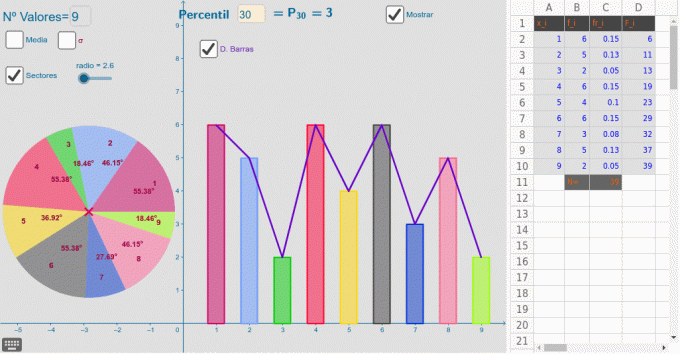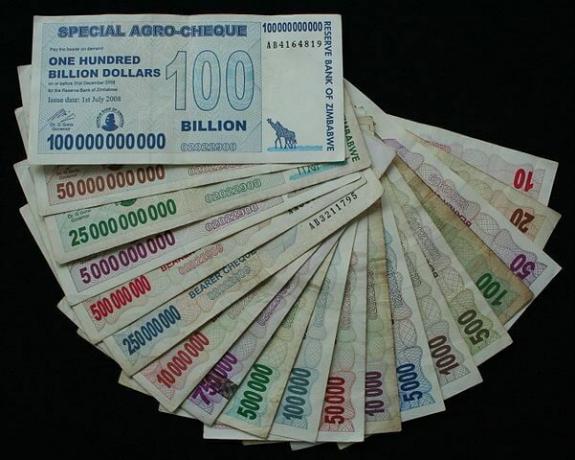Human life is priceless. But this has not stopped economists from trying to put an economic value on it. One reason is to help businesses and some politicians make better decisions about how to spend on expensive security measures, designed to reduce loss of life (road safety, mining sites, etc.). Another is to help insurers and the courts judge how much compensation should be paid in the event of, for example, a fatal accident.

Advertisements
One of the ways to value a life is to calculate a person's human capital, by calculating how much he or she would earn if he or she survives to a very old age. This could result in very different amounts being paid to victims of the same accident. For example, after a plane crash, the most money would probably go to the family of a first class passenger than to someone flying from the “tourist” section. This really is not fair. Nor is this method used to decide on the security measures in which to invest, since it would mean a much more spending on preventing the death of, say, an investor than on saving the life of a coal miner or a teacher. It would also mean more spending on security measures for young people (sometimes very reckless) than on the lives of retirees.
Another approach is to analyze the risks that people are willing to take voluntarily. Taking into account the differences in wages for jobs with high risk of death and jobs with low risk of death, plus the differences in education, experience, and so on, it is possible to roughly estimate the value of what people put into their own lives. In industrialized countries, most studies using this method reach a value of US $ 5 million-10m.
Advertisements
For me, life is simply priceless ...


